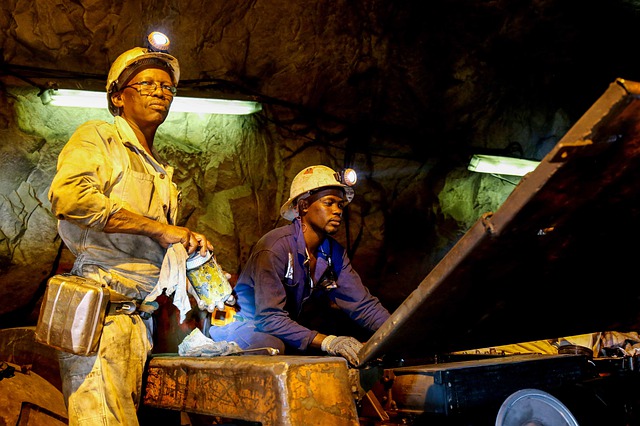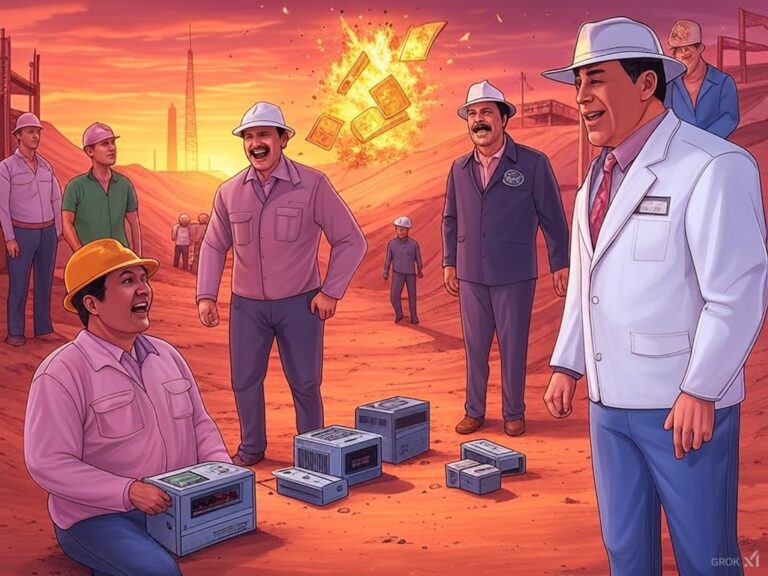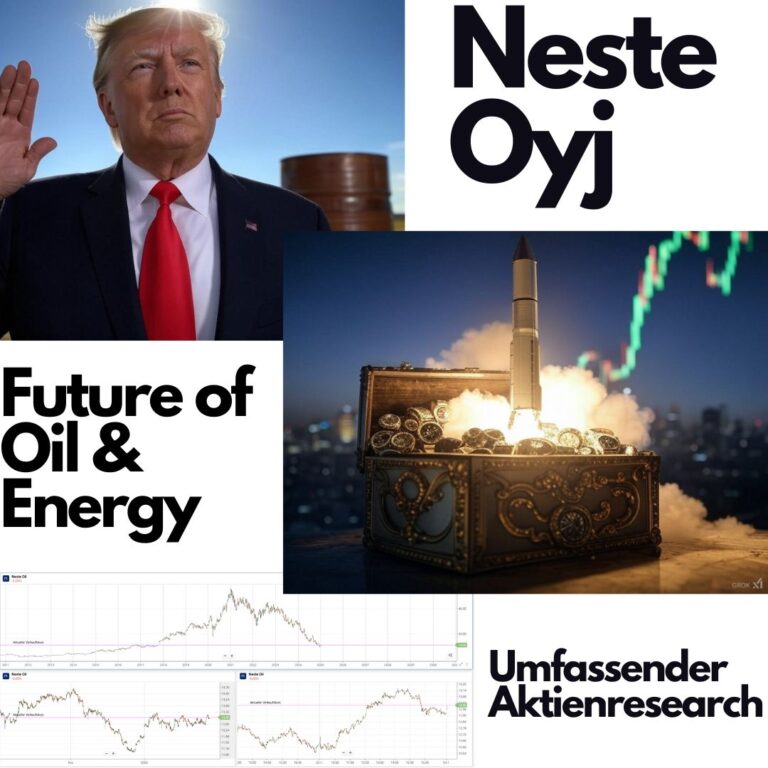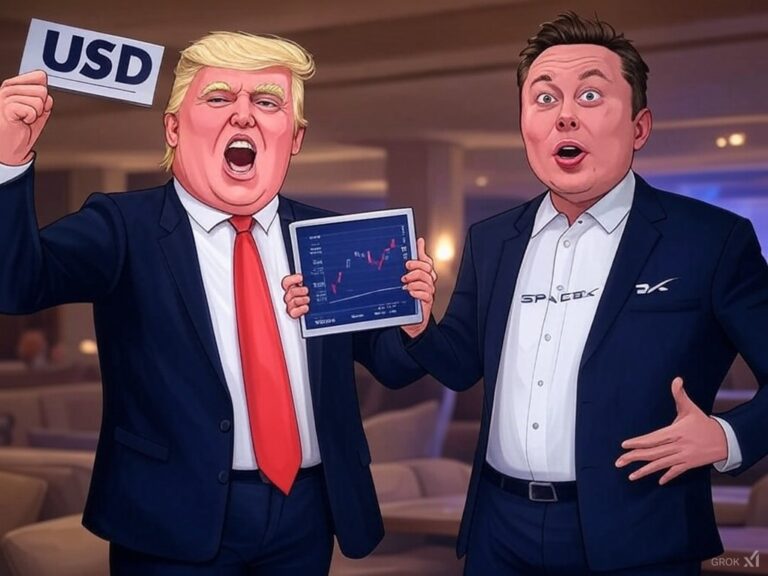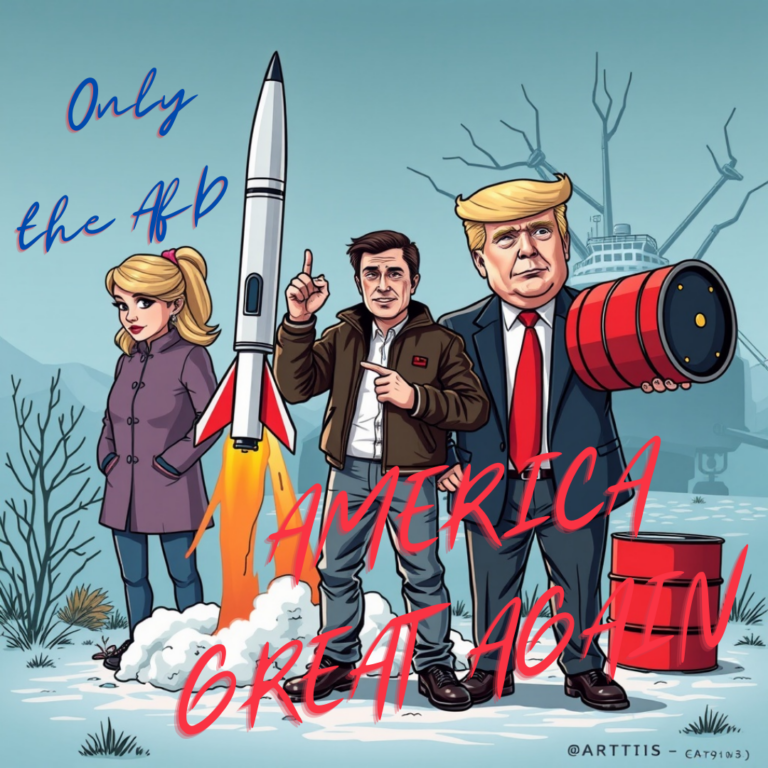Anyone who deals with the commodities industry, from mining to trading, cannot avoid the absolute industry giant Glencore plc. The Swiss conglomerate is currently the world’s leading company in the sector and, with its global network, is active in all areas of the raw materials industry.
Global leader in the raw materials industry
The Swiss company was founded in 1974. Until 2011, Glencore plc was still fully privately owned. Glencore has only been listed on the UK’s benchmark FTSE 100 index since its IPO in 2011, and Glencore shares are publicly traded on the London Stock Exchange.
The headquarters of the Swiss conglomerate is in Baar. In addition, the company is also managed from its registered office in Jersey. After Glencore acquired the mining group Xstrata in 2013, the company became the world’s leading group in the entire commodities sector.
Glencore has a global network that includes more than 90 offices around the world. The customers of the internationally active group come from more than 50 countries around the globe.
Business activities in numerous areas
Glencore is active in numerous business areas in the commodities market. From production, procurement and processing to refining, transport, storage and trading in a wide range of raw materials, Glencore covers the entire portfolio from a single source.
The Group focuses primarily on the raw materials copper, nickel, zinc, platinum metals, gold, silver, lead and cobalt. Glencore also mines and trades ferrochrome, vanadium, coking and thermal coal, and oil.
In total, Glencore operates more than 150 mining and quarrying facilities worldwide. The raw materials are extracted both by open-pit and underground mining. In addition, the Swiss group operates a number of offshore oil production facilities and also various farms and agricultural facilities where the agricultural products that are also part of Glencore’s portfolio are produced.
The major corporation is often criticized
Over the years, the Swiss Glencore Group has been able to significantly expand its business areas and become the world’s largest company in the raw materials industry. Along the way, however, the company has been and continues to be exposed to criticism.
Since its IPO in 2011, Glencore has repeatedly been involved in various corruption and tax manipulation scandals. However, the biggest points of criticism repeatedly concern the violation of various environmental standards in the extraction and processing of a wide range of raw materials, as well as the violation of human rights in some of the Group’s mines.
In Zambia and Congo in particular, the group is accused of contaminating rivers and groundwater through raw material extraction, as well as of inhumane working conditions and child labor in Glencore’s mines.

